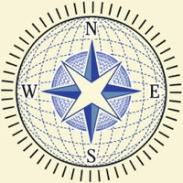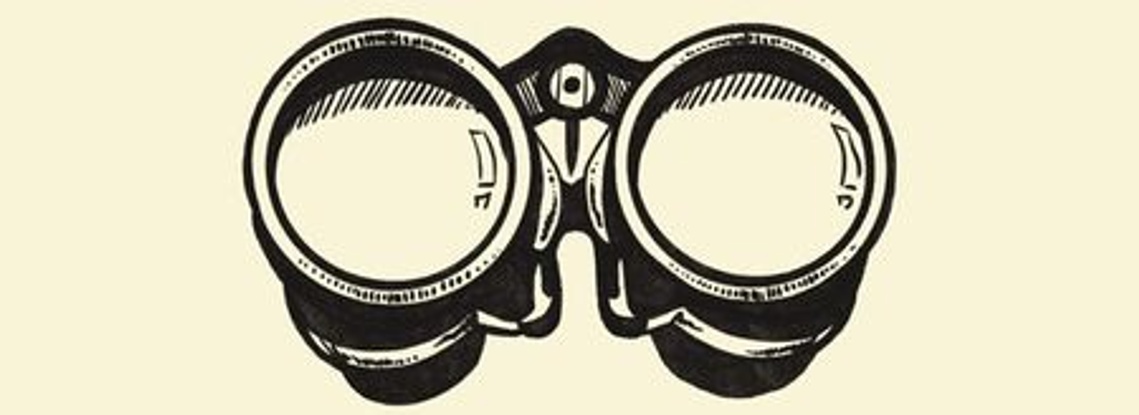 ER Lombard/Gallo Images via Getty Images ER Lombard/Gallo Images via Getty ImagesTHE NEWS JOHANNESBURG — South Africa’s government is betting on its deployment of 3,000 soldiers to crush illegal mining gangs and disrupt connected crime syndicates that, according to new World Bank research, cost the economy at least 10% of gross domestic product each year. Illegal miners known locally as zama zamas — an isiZulu term loosely translated as “take a chance” — operate in disused and active mines across South Africa. The criminality around illegal mining sometimes spills over into local communities. High profile incidents include the alleged gang rapes last year of women by zama zamas, and a gas explosion at a disused mine in Welkom in May this year that killed 31 illegal miners. President Cyril Ramaphosa, announcing the use of troops earlier this month, said the deployment of the South African National Defence Force (SANDF) would last until Apr. 28 as part of a wider effort to combat crimes of “economic sabotage.” The president said illegal mining was linked to serious offenses including money laundering, human trafficking, and organized crime. Although reliable figures are hard to come by, Minister of Mineral Resources Gwede Mantashe told a parliamentary committee in September 2022 that the country lost 49 billion rand ($2.6 billion) to illegal mining in 2019. In August the community of Riverlea, a low-income suburb near Soweto, protested over policing after at least 20 people were shot in clashes between rival zama zama gangs. Charles van der Merwe, a member of the Riverlea Mining Forum, said residents feared leaving their homes at night because that was when rival zama zama gangs clashed. “People have been shot in the crossfire when these guys are fighting each other,” he told Semafor Africa. “We don’t trust that the police can do anything to protect us against these guys.” JAN’S VIEW Trust in law enforcement to deal effectively with the high levels of crime in South Africa has waned considerably in recent years according to the Human Sciences Research Council, a Pretoria based think-tank. That lack of trust explains communities such as Riverlea protesting over zama zama clashes and the phenomenon of vigilantism in many of South Africa’s poorer areas. People don’t feel the police can help them. It also explains the government’s decision to send in troops. South Africa’s failure to bolster its crime intelligence services has long been explained as a reason for rising crime. Viewing it through the lens of South Africa’s recent apartheid history, the deployment of the military to police civil issues and crime should also never be encouraged. But, as the World Bank’s research shows, the government needs to do what it can to dismantle criminal networks because they’re a drain on the country’s economy. The Bank’s report states the importance of “tackling the rise in organized crime, which has thrived on the declining capacity of the police and justice institutions and has broad-based effects on economic activity.” With a crucial election looming next year in which the ruling ANC is in danger of losing its majority for the first time since the end of apartheid, Ramaphosa’s government will be hoping that the troops can tackle the violent crime associated with zama zamas and cut off the supply of money that finances other criminal enterprises. — with additional reporting by Sam Mkokeli | 










